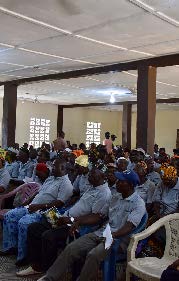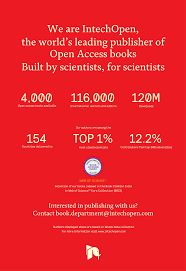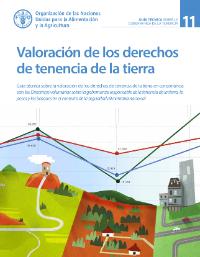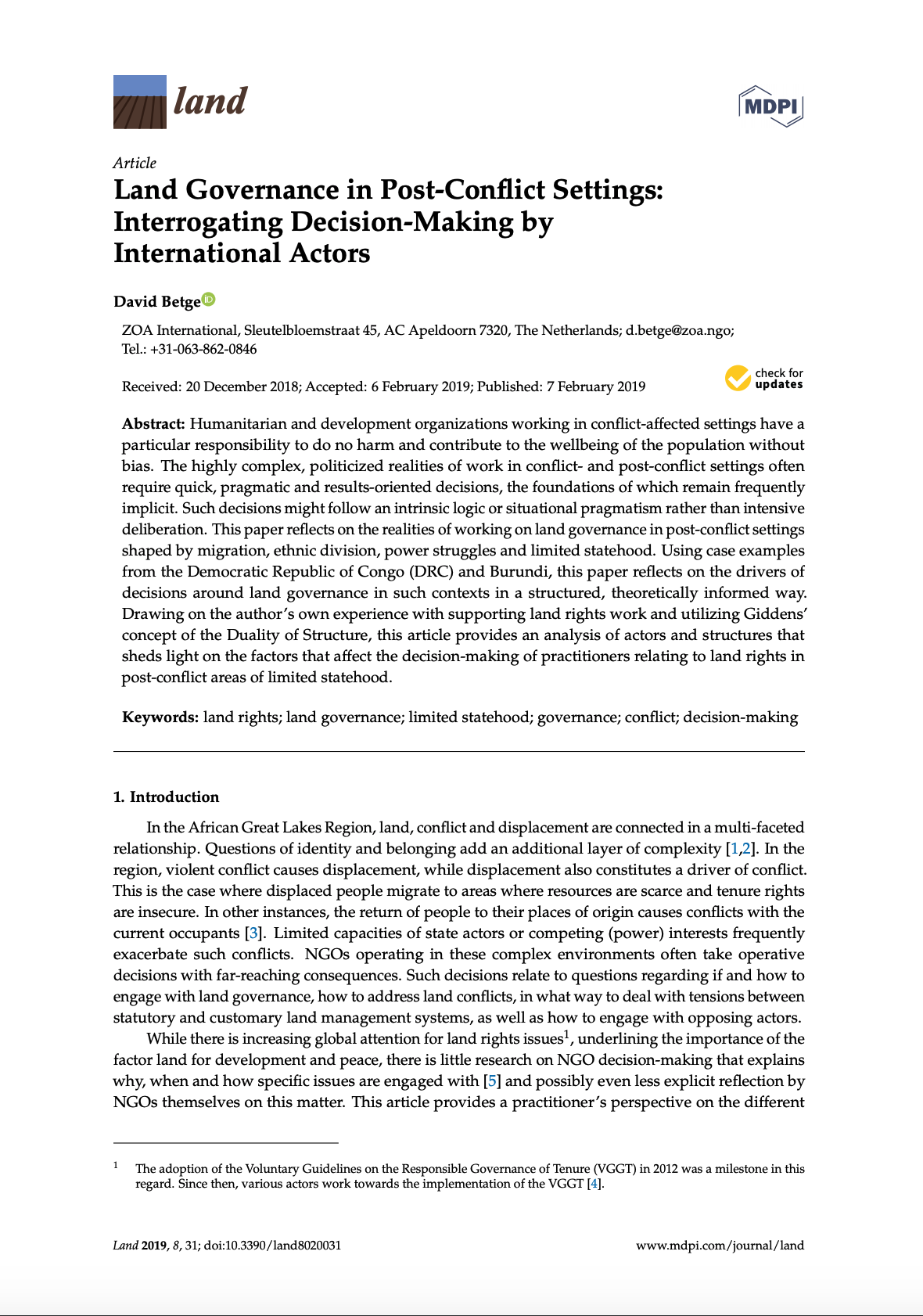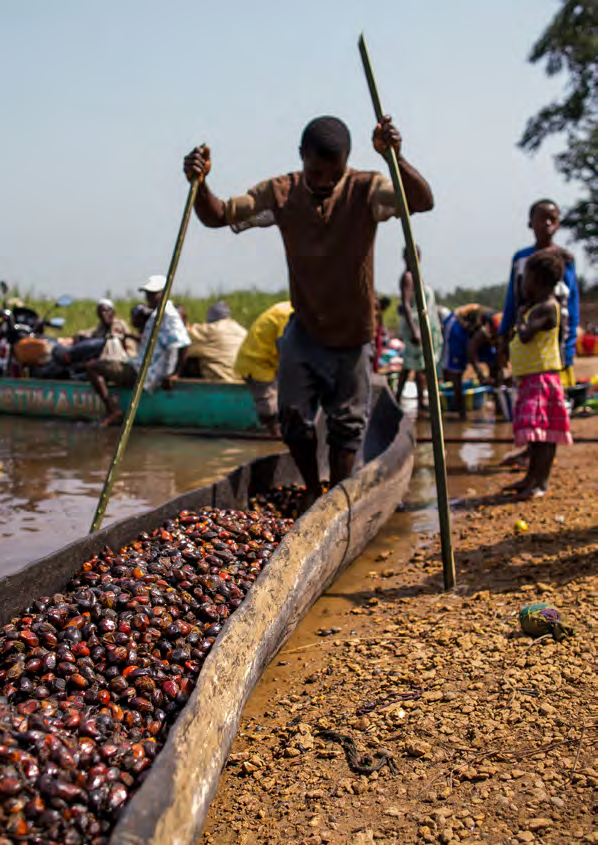Emerging Corporate and Investor Practice to Support Community Land Rights. Case Studies from Malawi, Mozambique, and Malaysia
This report aims to illustrate how selected companies in Malawi, Mozambique and Malaysia are implementing commitments to international best practices on land rights. The companies referenced in this paper are in the process of developing and improving ways to address land tenure rights, and for this reason, the cases ought to be viewed as examples of emerging company experiences, which can contribute to establishing best practices.

